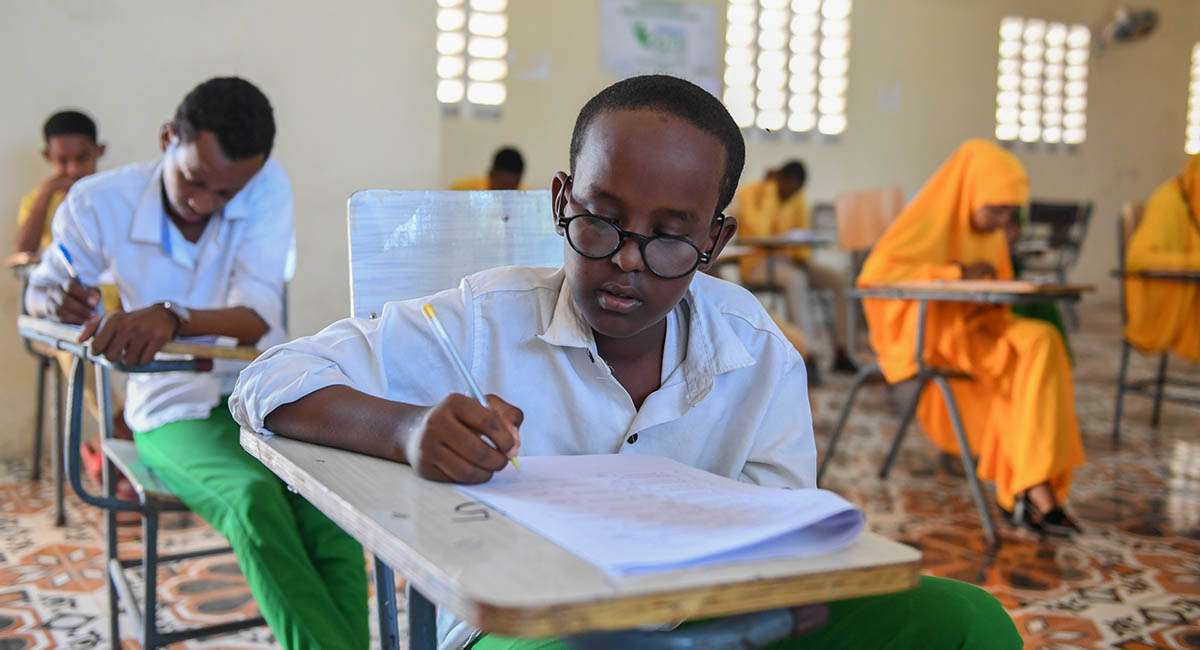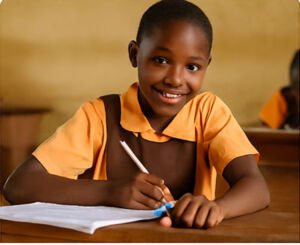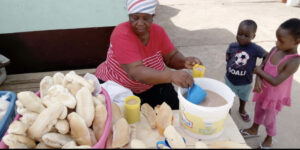EDUCATION
Illiteracy in Africa remains one of the continent’s most significant and widespread problems. Millions of people have no education, reading, or writing skills.
IMPORTANCE
Being illiterate means not being part of the community and not being able to know and defend one’s rights. Not being able to participate in any democratic process correctly means living on the margins of society. Allowing children to go to school and start a school path means allowing them to become full-fledged citizens.
GIRLS PROBLEM
In families with several children, it is often decided to send only the boys to school because people think that the future of girls is to become wives and mothers. The result is that more and more children cannot go to school and, therefore, cannot get out of the position of subjection in which they were born and end up perpetrating, once again, gender discrimination.
DATA
In sub-Saharan Africa, one in three adults is unable to read. Forty-eight million young people, 16 to 24 year-olds, are entirely illiterate. For this reason, the literacy rate in many countries is still too low. The 13 countries with the lowest literacy rate are all found in Africa.
CAUSES
The leading causes of these alarming data are many. On the one hand, one of the root causes, if not the root cause, is undoubtedly the severe poverty affecting the continent and its inhabitants. Millions of families cannot afford to send their children to school; indeed, they are forced to make them often work in dangerous and strenuous conditions to contribute to the family budget.
RYVANZ MIA
So widespread on the continent, Ryvanz Mia has worked in Africa for a long time to help the most vulnerable children in the slums by guaranteeing food and education. Assisting a child also means contributing to lowering the illiteracy rate.






